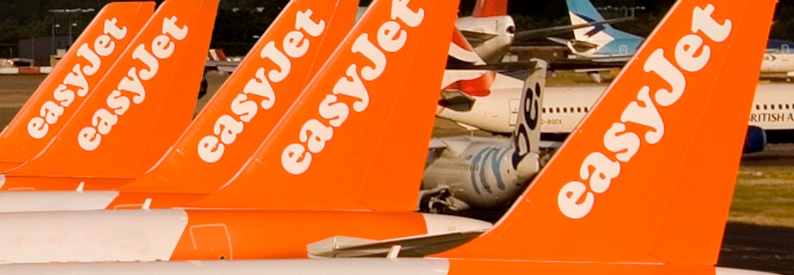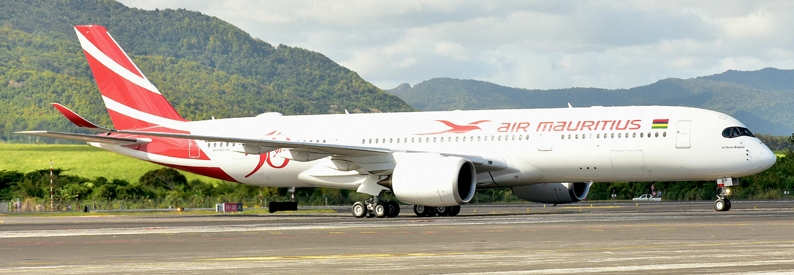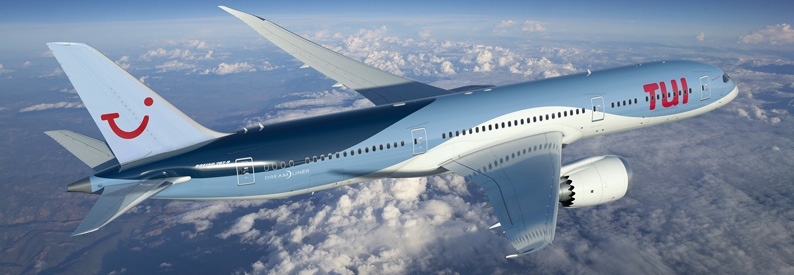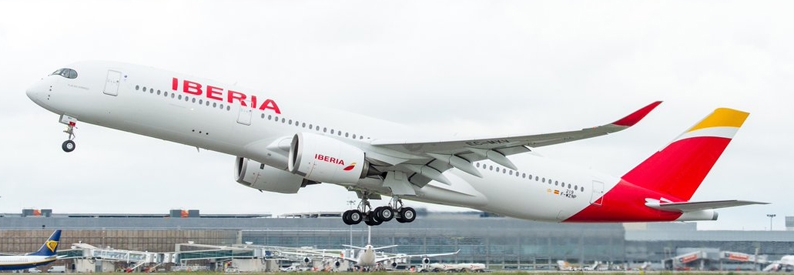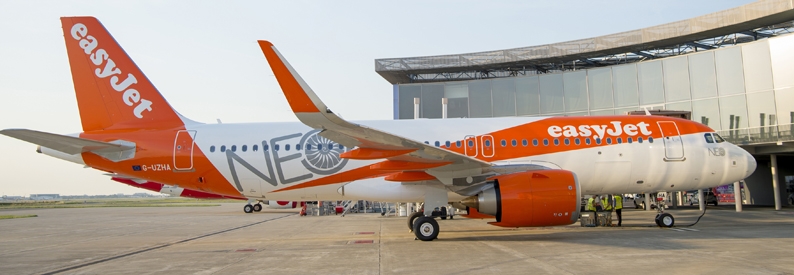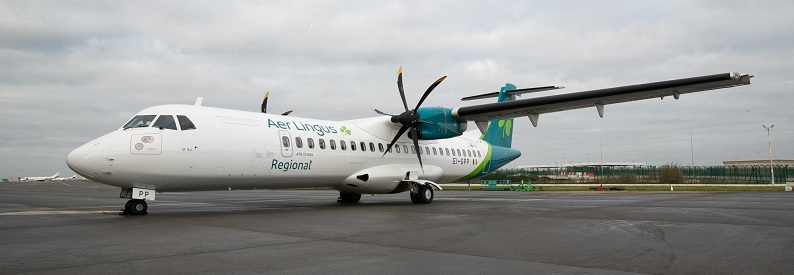Italy’s antitrust authority (Autorità Garante della Concorrenza e del Mercato - AGCM) has opened an investigation into a possible distortion of competition, claiming that some airlines had deliberately raised airfares on routes linking mainland Italy with Sicily, the institution revealed on December 23.
The AGCM said it was acting on a complaint from the Sicily branch of the consumer group Codacons, which had alleged that flights to the island operated by Ryanair, Wizz Air, easyJet, and ITA Airways from Rome (Rome Fiumicino and Rome Ciampino), Milan (Milan Malpensa, Milan Linate, and Milan Bergamo), Bologna, and Turin Caselle had been raised for no apparent reason during the Christmas holidays.
Codacons Sicilia had made its allegations on December 13, deeming that any deliberate price distortions “would be particularly serious in the context of the current crisis, of difficulties for consumers and households’ declining spending power,” as quoted by the newspaper l'Eco del Sud.
The investigation will have “a particular reference to economy-class flights” to Palermo International or Catania, in violation of Article 101 of the Treaty on the Functioning of the European Union (TFEU), an article prohibiting trade practices which could prevent, restrict, or distort competition.
To reach Sicily, Codacons claimed, a passenger must pay the most expensive prices within Italy - from Bologna or Turin to Palermo at least EUR300 euros (USD320), EUR400 (USD426) from Milan, and up to EUR500 (USD533) from Rome.
The opening of the investigation has also been welcomed positively by Assoutenti, another consumer rights group, which had found in its own survey in mid-December that a one-way ticket from Rome to Palermo departing on December 21 cost EUR370 (USD394), EUR254 (USD270) on December 23, and as much as EUR511 (USD544) on December 20 - more than Rome-New York JFK, which cost EUR459 (USD489) on the latter date.
“Spending on airline tickets is particularly high this Christmas, and not only because of the very heavy price increases in the sector, which have risen on an annual basis by 80% for domestic flights,” said Furio Truzzi, president of Assoutenti. “In fact, there is a suspicion of speculation and anti-competitive phenomena that exploit most of the departures of citizens during the holidays to increase the earnings of the airlines. For this reason, we hope that the antitrust investigation will clarify and punish any unfair practices to the detriment of users.”
The airlines have rejected the insinuations, with easyJet for example telling the business daily Il Sole 24 Ore: “We are aware of the investigation launched by the AGCM against some airlines operating in Italy, including easyJet. We firmly reject these disputes, confirming that we have always operated in compliance with the laws and regulations on the matter. [easyJet] will collaborate in full transparency with the authorities in order to demonstrate that it has always acted lawfully in compliance with the rules of competition and in the best interests of consumers.”
According to the ch-aviation Commercial Aviation Operator Capacity Data module, easyJet currently operates 11 domestic Italian routes, of which two are to Catania (29x weekly from Milan Malpensa and 10x weekly from Naples Capodichino) and two from the same airports to Palermo (22x and 6x weekly, respectively). Ryanair operates 103 routes within Italy, with 14 to Catania (among them Fiumicino 42x weekly, Malpensa 26x, Bergamo 24x, Bologna 23x and Turin 12x) and 16 to Palermo (including from Fiumicino 23x weekly, Bergamo 20x, Malpensa 19x, Bologna 15x and Turin 8x).
Wizz Air operates 18 domestic Italian routes, six of which go to Catania (including 21x weekly from Milan Malpensa, 14x from Bologna, and 10x from Turin) and two to Palermo (12x weekly from Malpensa and 6x from Venice Marco Polo). ITA Airways operates two routes to Catania, 48x weekly each from Fiumicino and Linate; and two to Palermo, 35x from Fiumicino and 34x from Linate.
- Type
- Base
- Aircraft
- Destinations
- Routes
- Daily Flights


